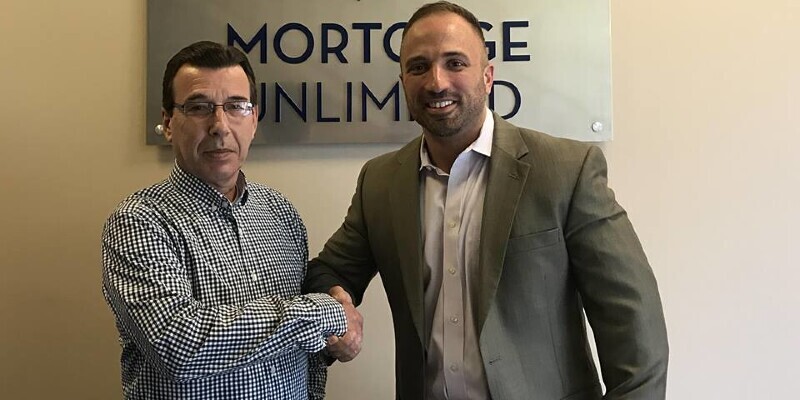
Qualifying for a mortgage and buying a home generally call for a whole lot of preparation, even if you are in a reasonably sound financial situation. Unless you are incredibly wealthy with lots of cash available, there’s some economic housekeeping you need to do prior to trying to secure a mortgage. While rules of thumb exist, financial expert Dave Ramsey contends that using blanket numbers when assessing what qualifies as an affordable mortgage disregards the nuances of this process.
Rid yourself of debt, and fund an emergency accounts equivalent to three to six weeks’ worth of living expenses. Ramsey believes you have to do so before you even think about searching for a mortgage. If you lose your work, having no debt and having cash in the bank will help you hang on for your property. Plus, this relatively pristine financial record looks good to potential lenders.
Evaluate how much cash you have for a down payment. This number reduces the amount you need to borrow, effectively raising the likelihood you will qualify for a mortgage loan. Ramsey believes you’ll need at least 10% of your home’s purchase price for your down payment.
Understand your debt-to-income ratio. This is one of the target boosters you can use to gauge how much mortgage you can deal with. Since Bankrate.com explains, your”front-end ratio” refers to how a lot of your pre-tax income goes toward your mortgage payment, which includes principal, interest, insurance, taxes and other associated costs. On a conventional loan, your mortgage payment should not exceed 28 percent of your monthly gross income. With an FHA-insured loan, it ought not exceed 29 percent. Ramsey argues that you ought to restrict your mortgage payment to no more than 25 percent of your monthly, take-home or after-tax pay.
Examine the”backend ratio” of your own debt relative to earnings. This method adds the monthly cost of all your other debt, such as automobile loans and credit cards, to your mortgage payment. Bankrate.com believes this number should not be higher than 36 percent of your gross income on a conventional loan, or 41 percent on an FHA loan.
Choose between a fixed-rate or an adjustable-rate mortgage. Going forward, this impacts mortgage worth. With a fixed-rate mortgage, your interest rate does not change over the life span of this loan. Ginnie Mae notes while this provides equilibrium, you lose out if interest rates drop. Within an adjustable-rate loan, your payments may rise if interest rates move up, but you also benefit from a drop in rates, generally leading to a reduced monthly payment.